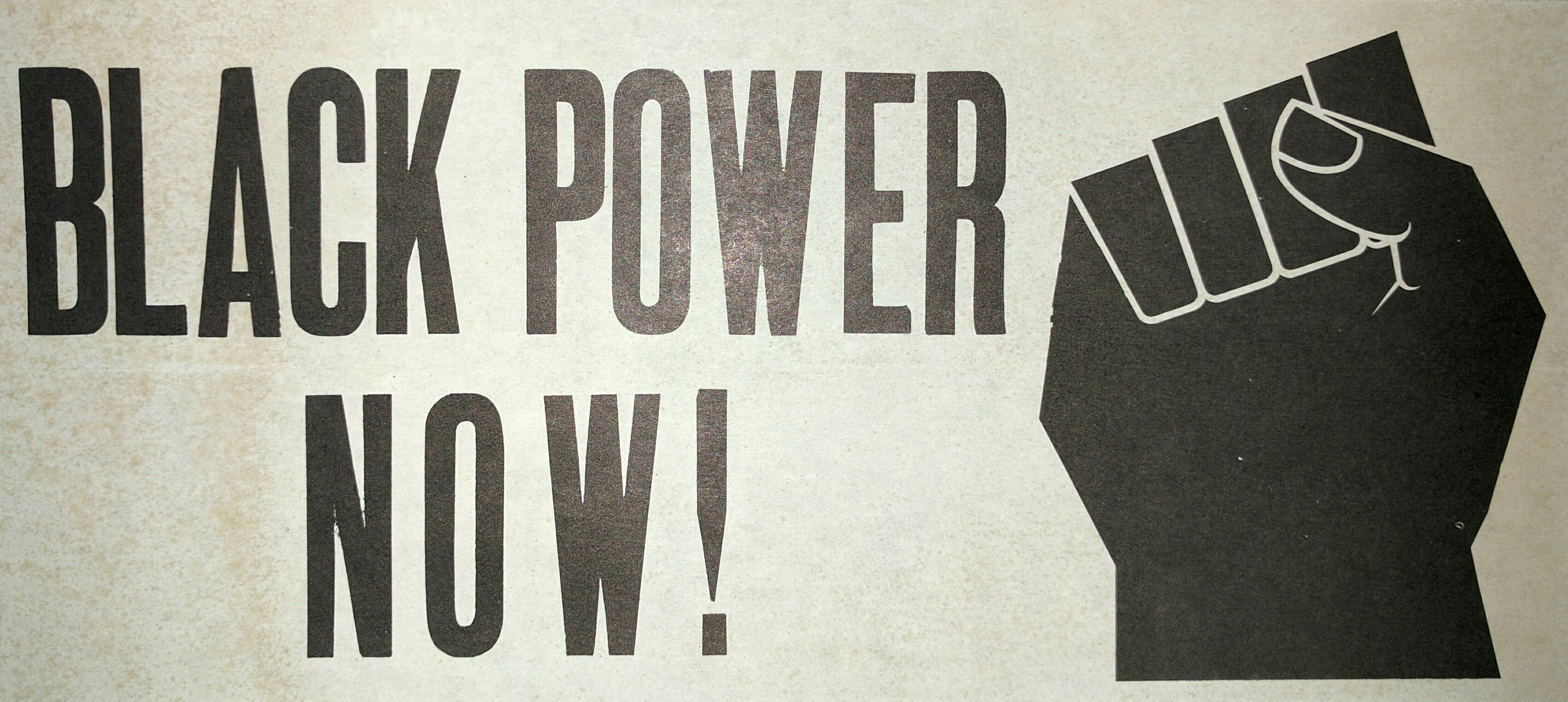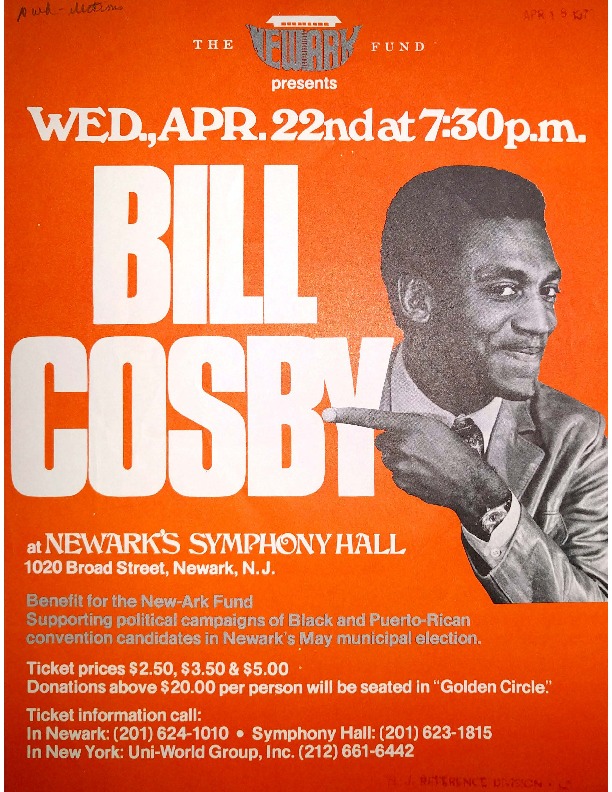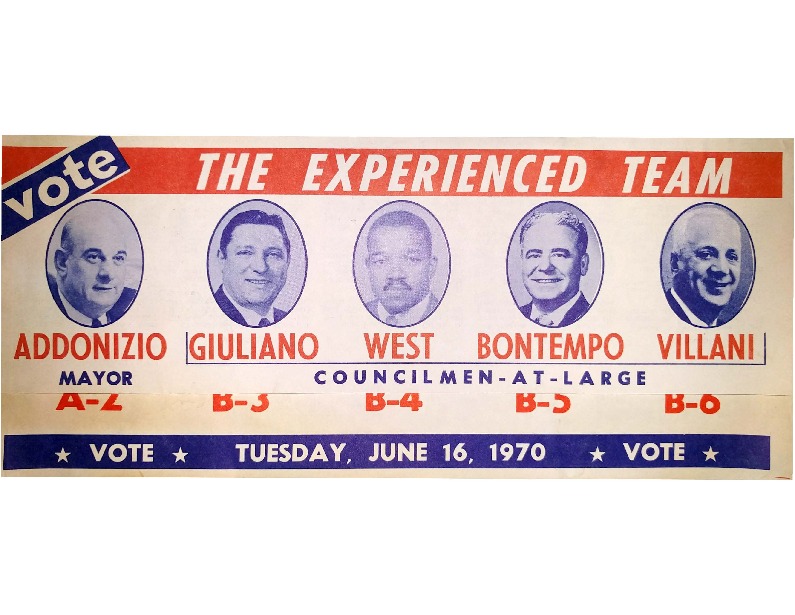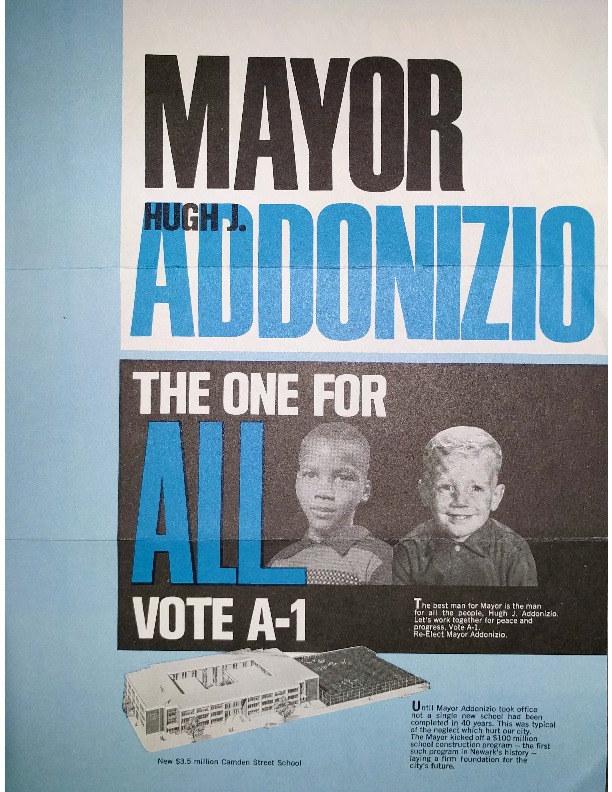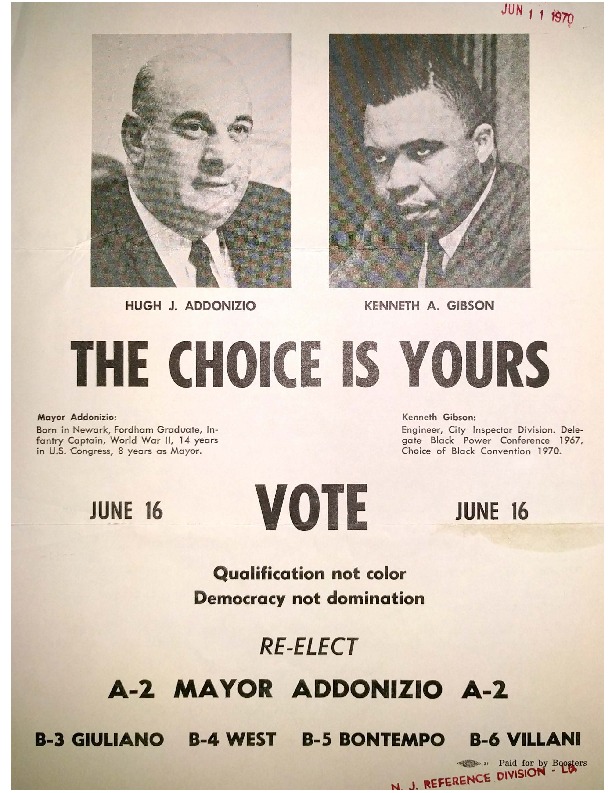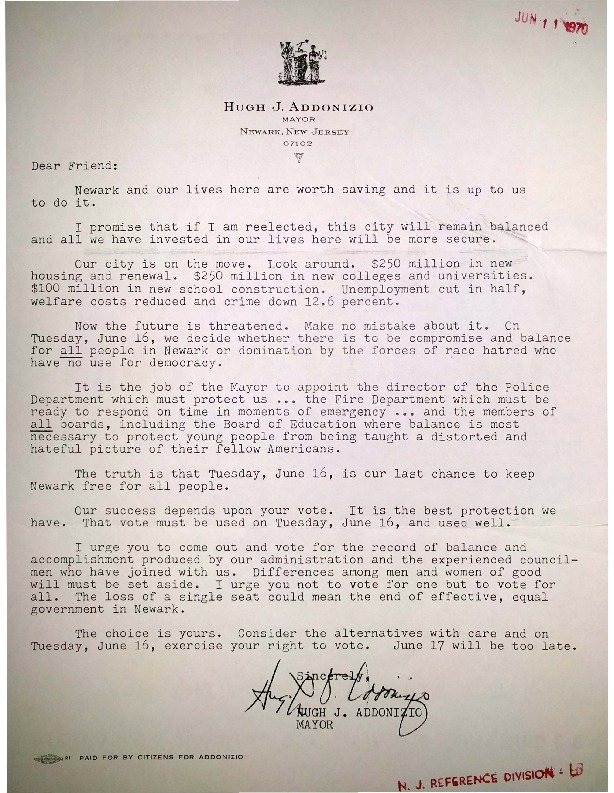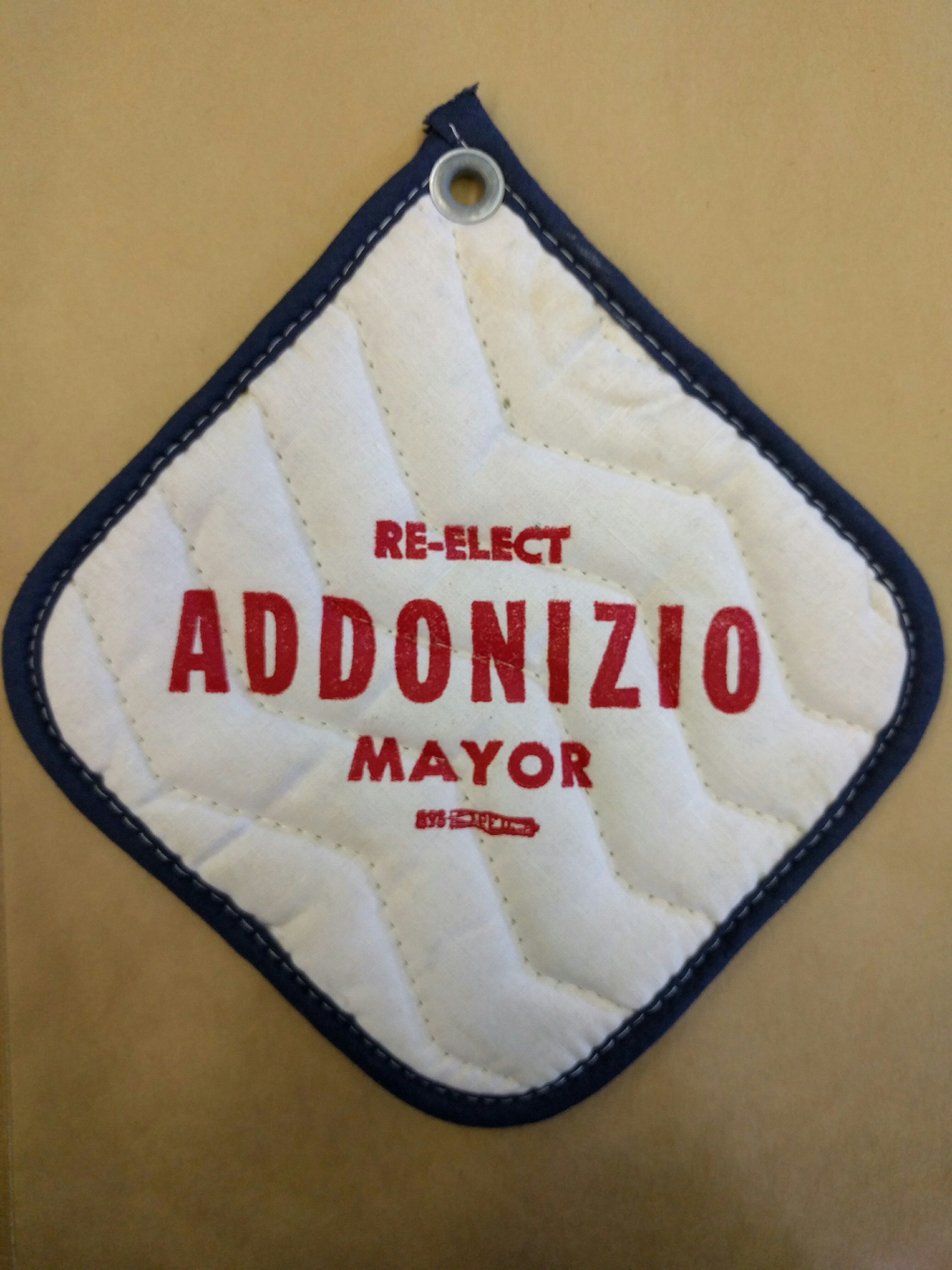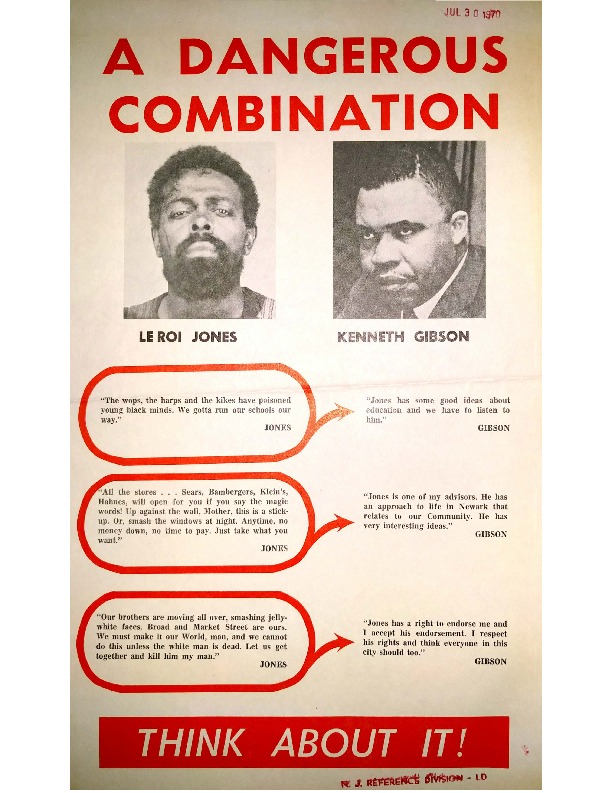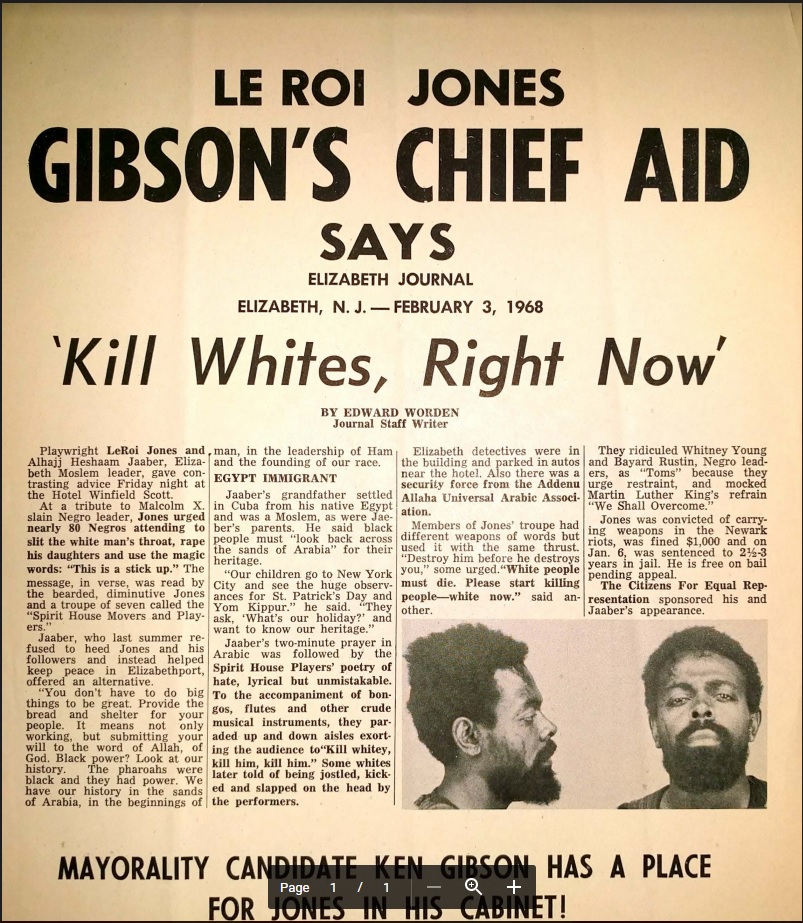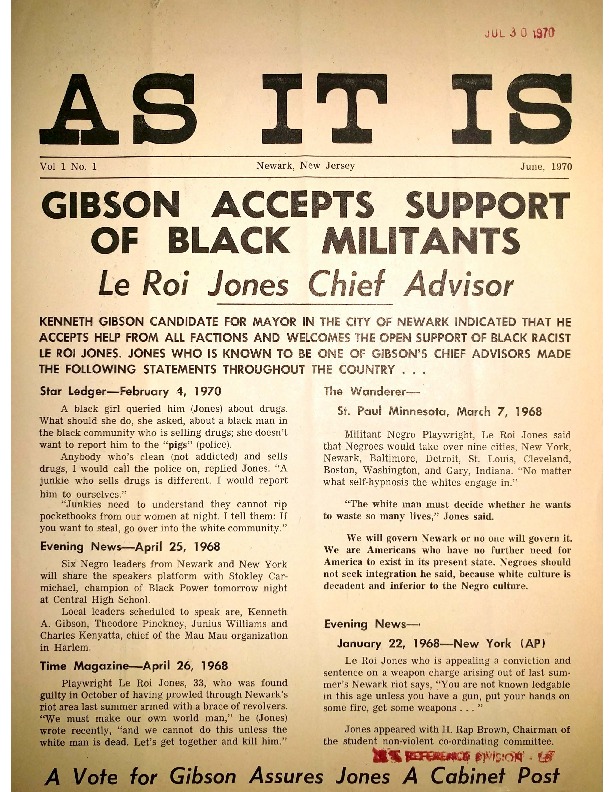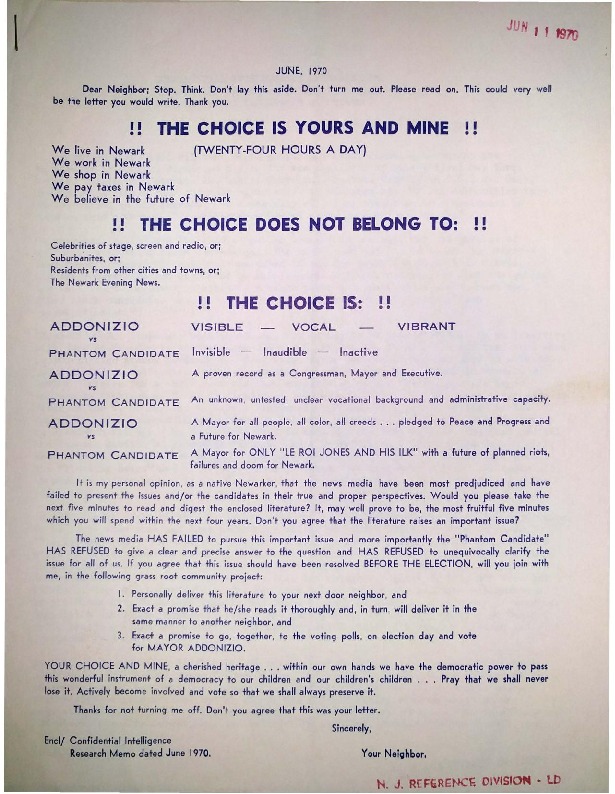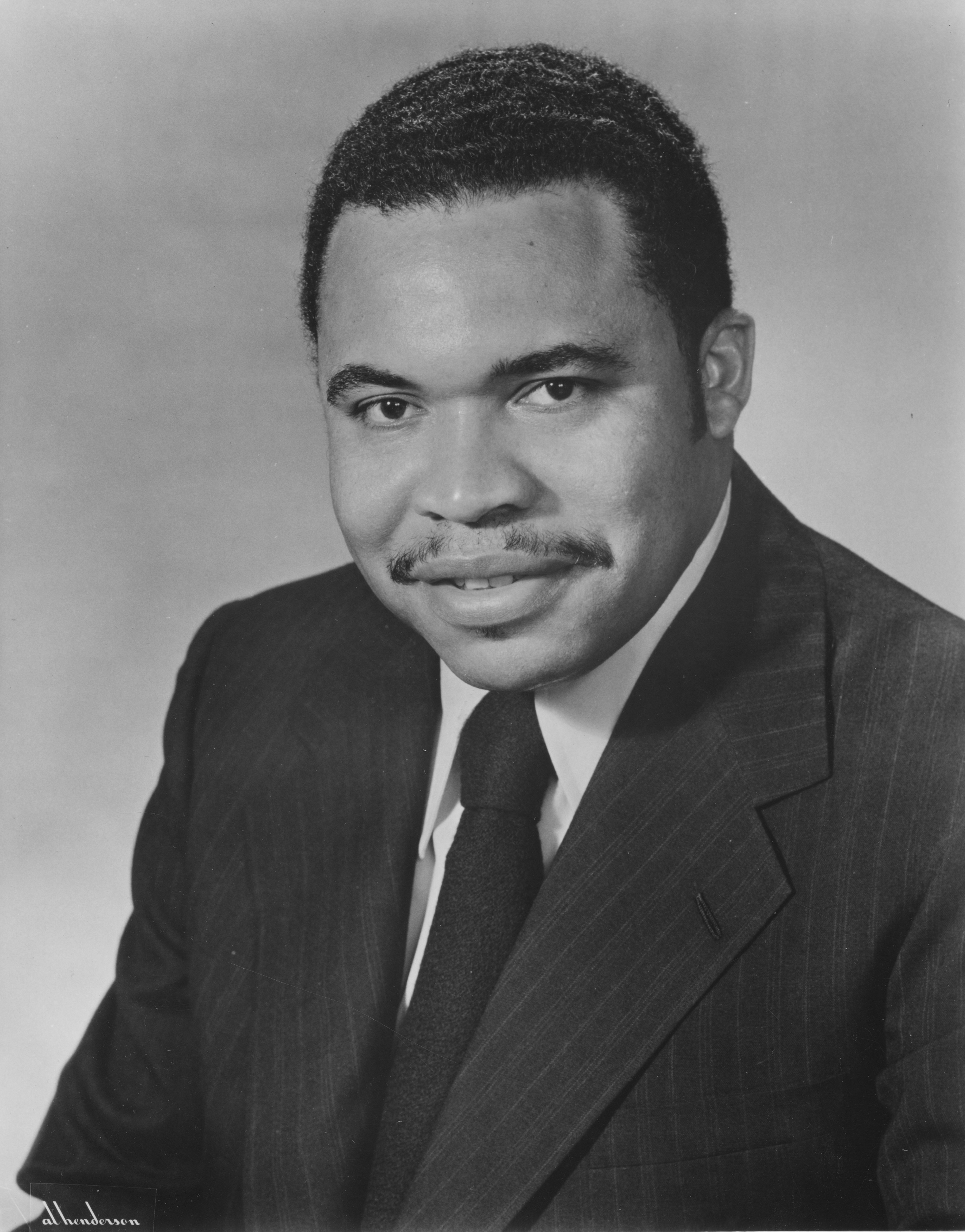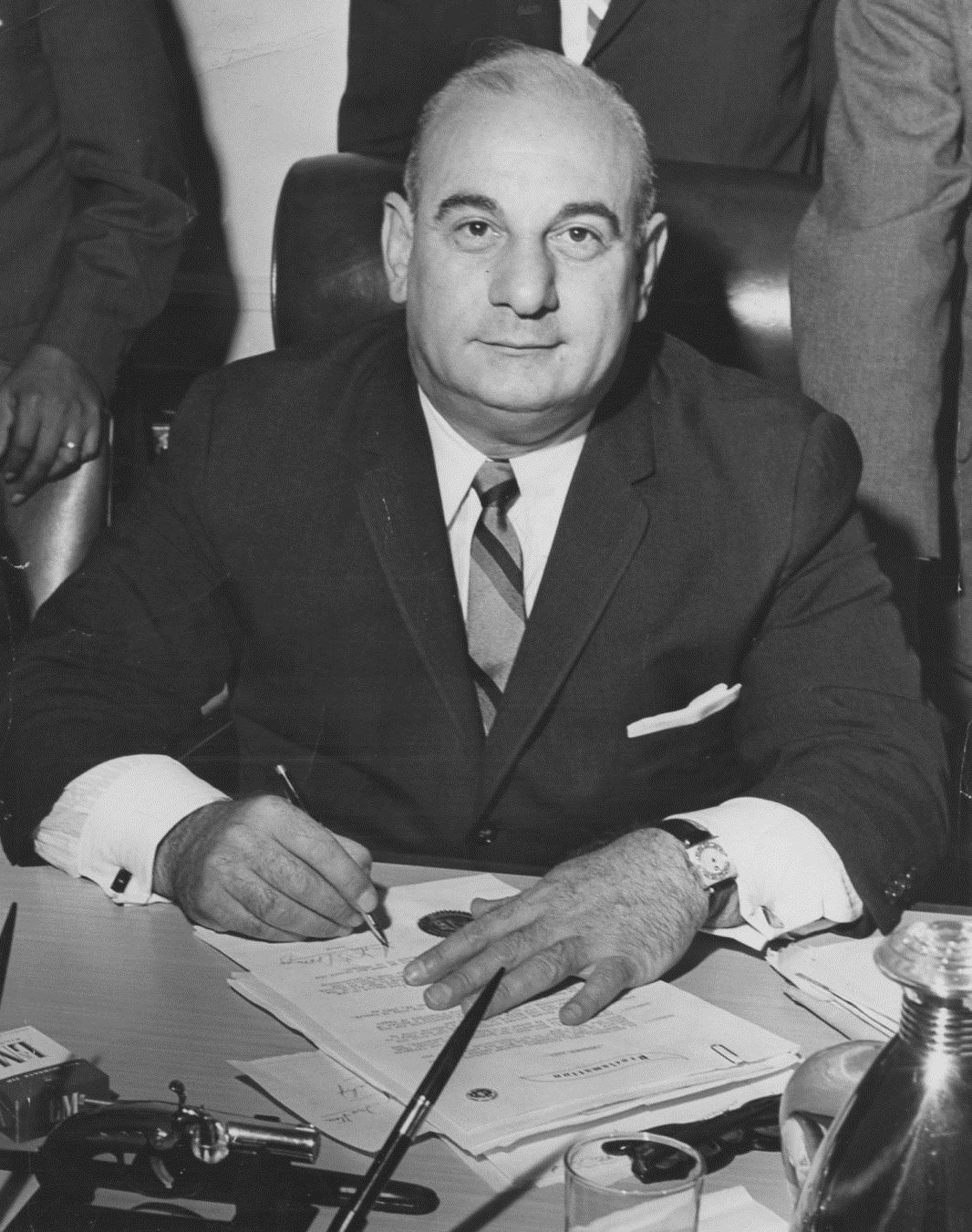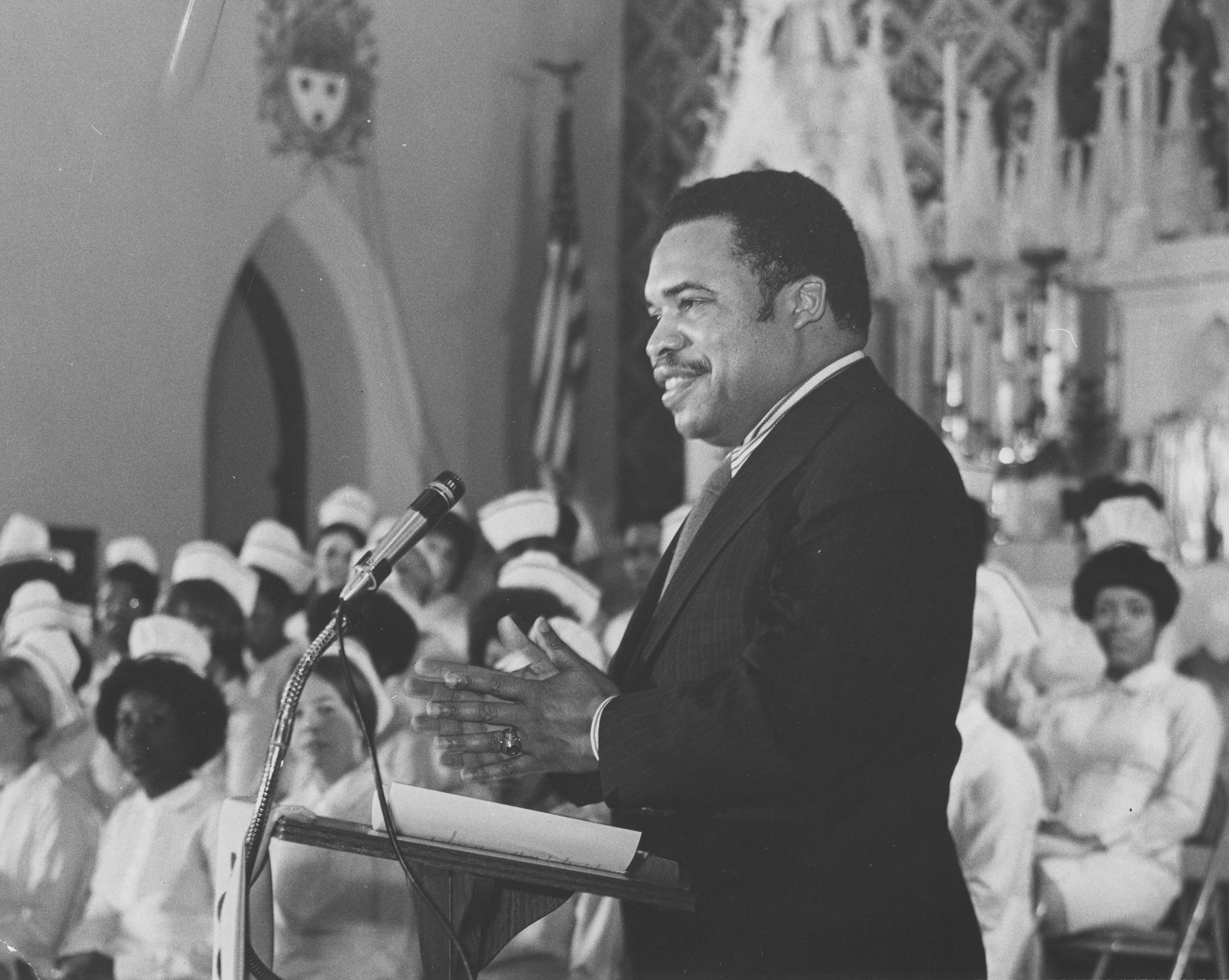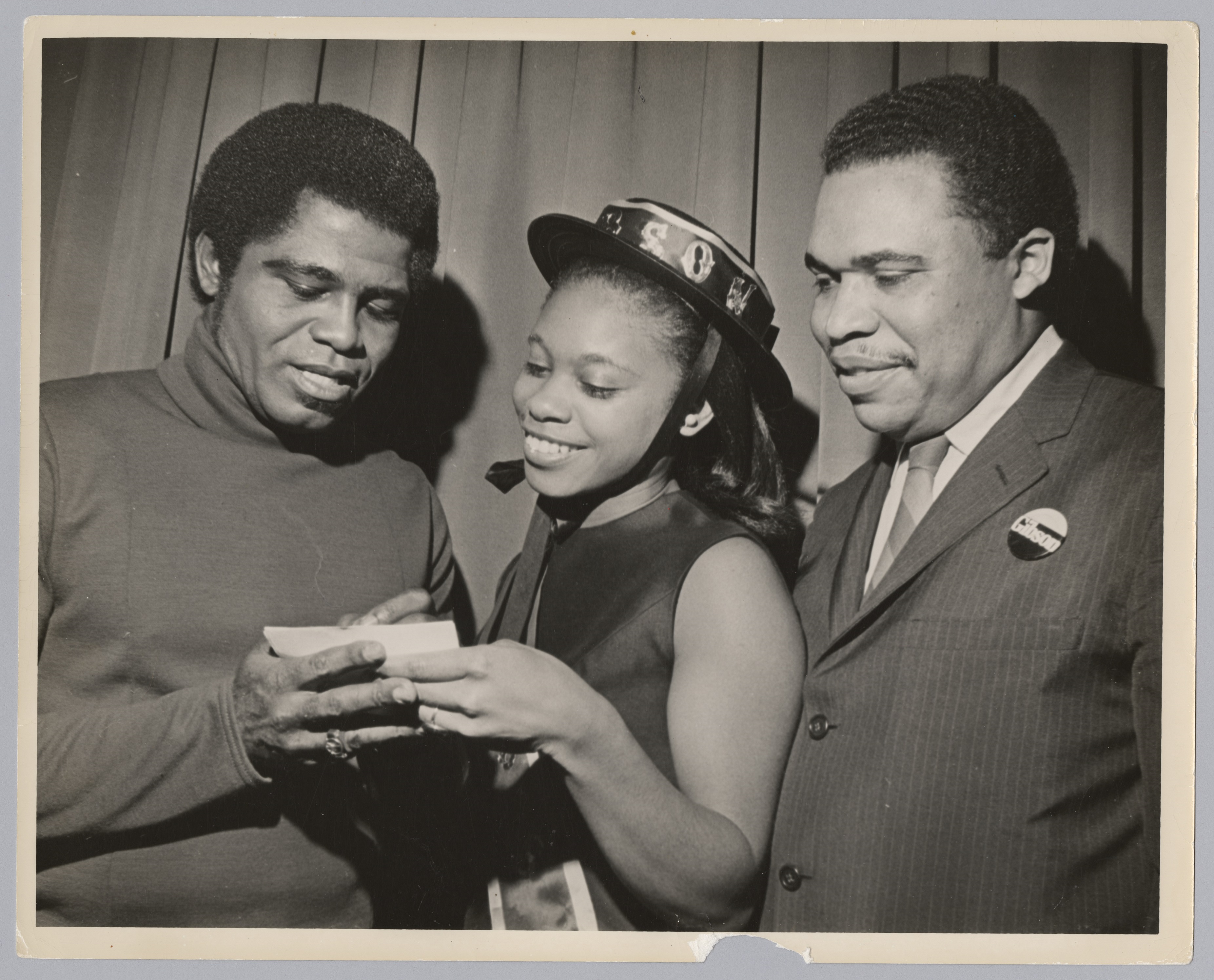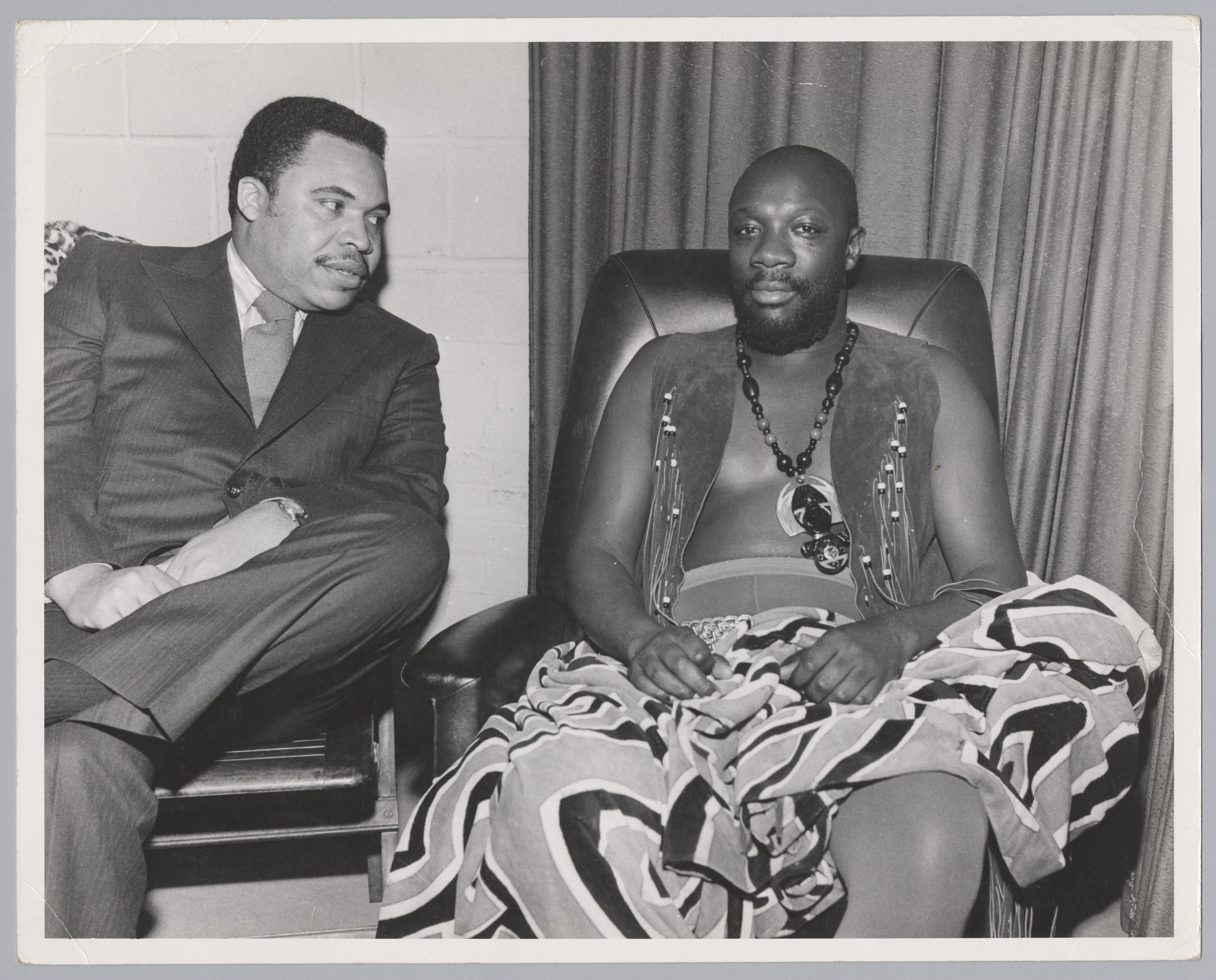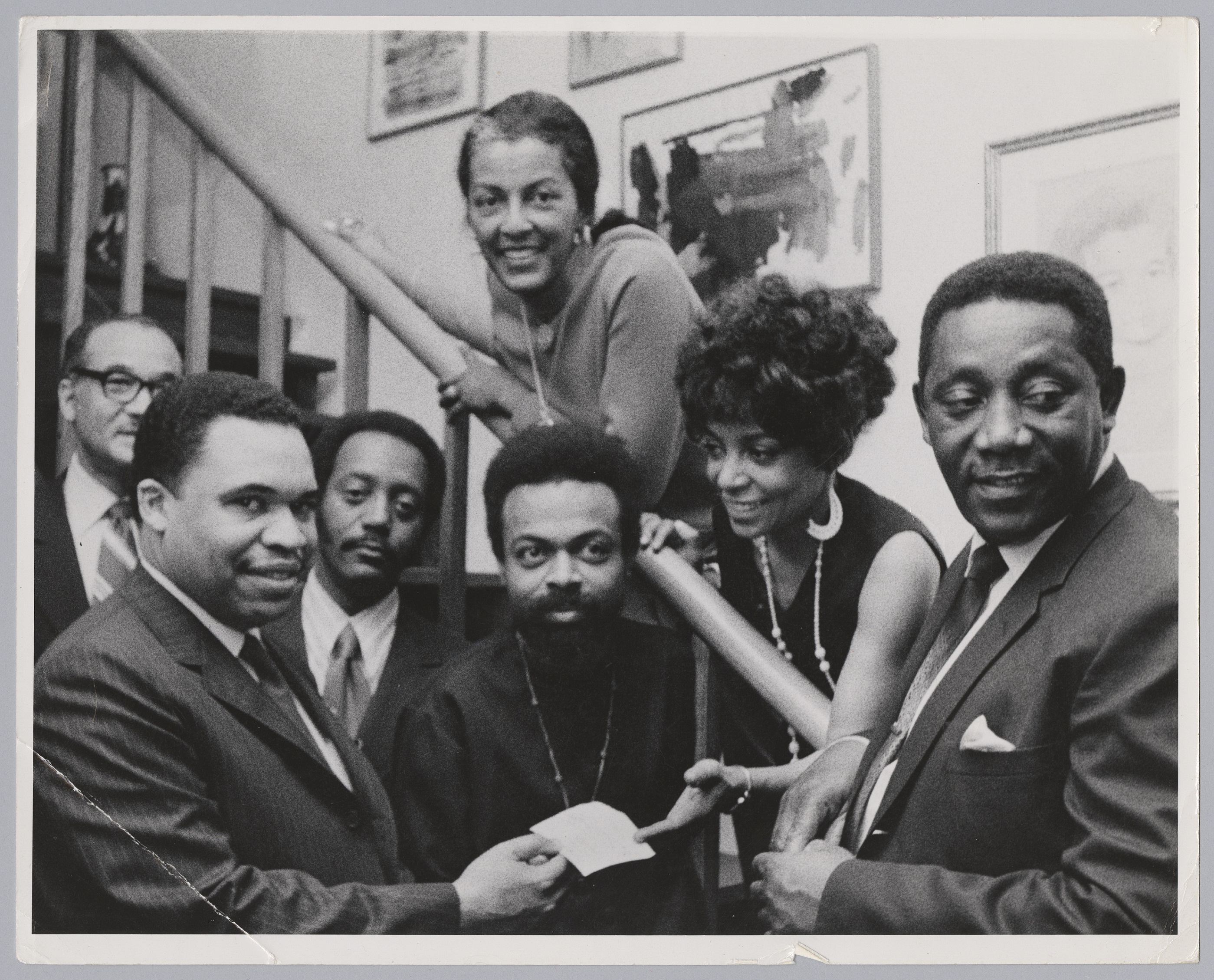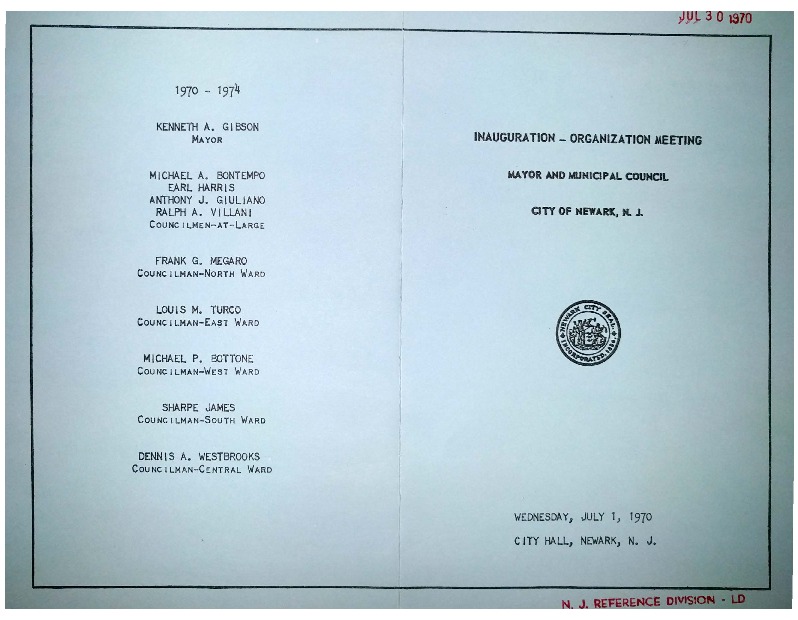The Election of Ken Gibson
Ken Gibson ran for Mayor in 1966 and garnered 15,000 votes, forcing a runoff between Mayor Hugh Addonizio, and his rival, former Mayor Leo Carlin. Addonizio won, but it put the idea in the head of the African American community that they could elect a black Mayor in 1970.
The United Brothers (later the Committee for Unified Newark, CFUN) was organized to become a platform for that election in 1970. Ken Gibson let everybody in the United Brothers know that he was running for mayor, based on his showing in 1966. He was not alone in his desire to run, though, as George Richardson and Harry Wheeler had their sights on the election as well.
George Richardson, who had been a Democrat in the State Assembly, urged Ken to run in 1966, but didn’t expect Ken to do as well as he did. Richardson was Gibson’s campaign manager at that time and lost his own election against Irvine Turner in the Central Ward race for councilman. By 1969, without the councilmatic seat, and his failure to warm up to the concept of “Black Power,” George Richardson seemed to be passé in Newark’s political scene.
Harry Wheeler, co-Chairman of the Medical School Negotiating Team, was lacking in credibility because of a previous scandal involving missing money from a school milk money fund where he taught. Whether he took the money or not, the perception was that he did. Plus he had taken a job with the Federal Government in Washington, DC after the Medical School fight.
Ken Gibson became the “Community Choice” coming out of the Black and Puerto Rican Convention. His campaign was based upon the work of the coalition of community groups who prevailed in previous struggles like the Medical School Fight, and the Parker Callaghan struggle; a few elected political leaders; and the membership of the United Brothers and CFUN.
Race was the most important factor in the campaign. Ken Gibson was tied to Baraka and painted as a black nationalist. Gibson said he would improve city services, and occasionally talked about corruption. At the time of the election, the incumbent Mayor Addonizio and certain council members on his ticket were indicted—Addonizio’s indictment being for extortion. Baraka coordinated a parade of national celebrities into Newark to endorse Gibson, and raised money nationally from his network.
Gibson became the only viable black candidate by the time of the vote. Harry Wheeler dropped out of the race three days before the election and George Richardson, a warrior in his day, gained only 2,000 votes. All four at-large candidates endorsed by the Black and Puerto Rican Convention made it into the runoff. On May 12, 1970, the grassroots efforts to elect the first black mayor of Newark were rewarded when Ken Gibson led the field of seven candidates, winning 40% of the vote.
Since he did not get 50% plus 1 vote, there had to be a runoff election between Addonizio and Gibson. In the May 12th election, Gibson received 37,000 votes (mostly blacks), while 45,000 (mostly white) voted against him and spread their votes across six other candidates. But Mayor Addonizio’ s trial began in on June 3rd, and he traveled to Trenton everyday during the campaign. White people found out about the extent of the corruption in Newark, so many did not vote, unwilling to vote for Gibson, but turned off by Addonizio.
On June 16, Gibson soundly defeated Addonizio in the runoff election by a vote of 55,097 to 43,086. Additionally, three of the “Community Choice” candidates from the Black and Puerto Rican Convention were elected to city council. It was the beginning of a new day in Newark for African Americans because a new plateau of Black Power had been reached.
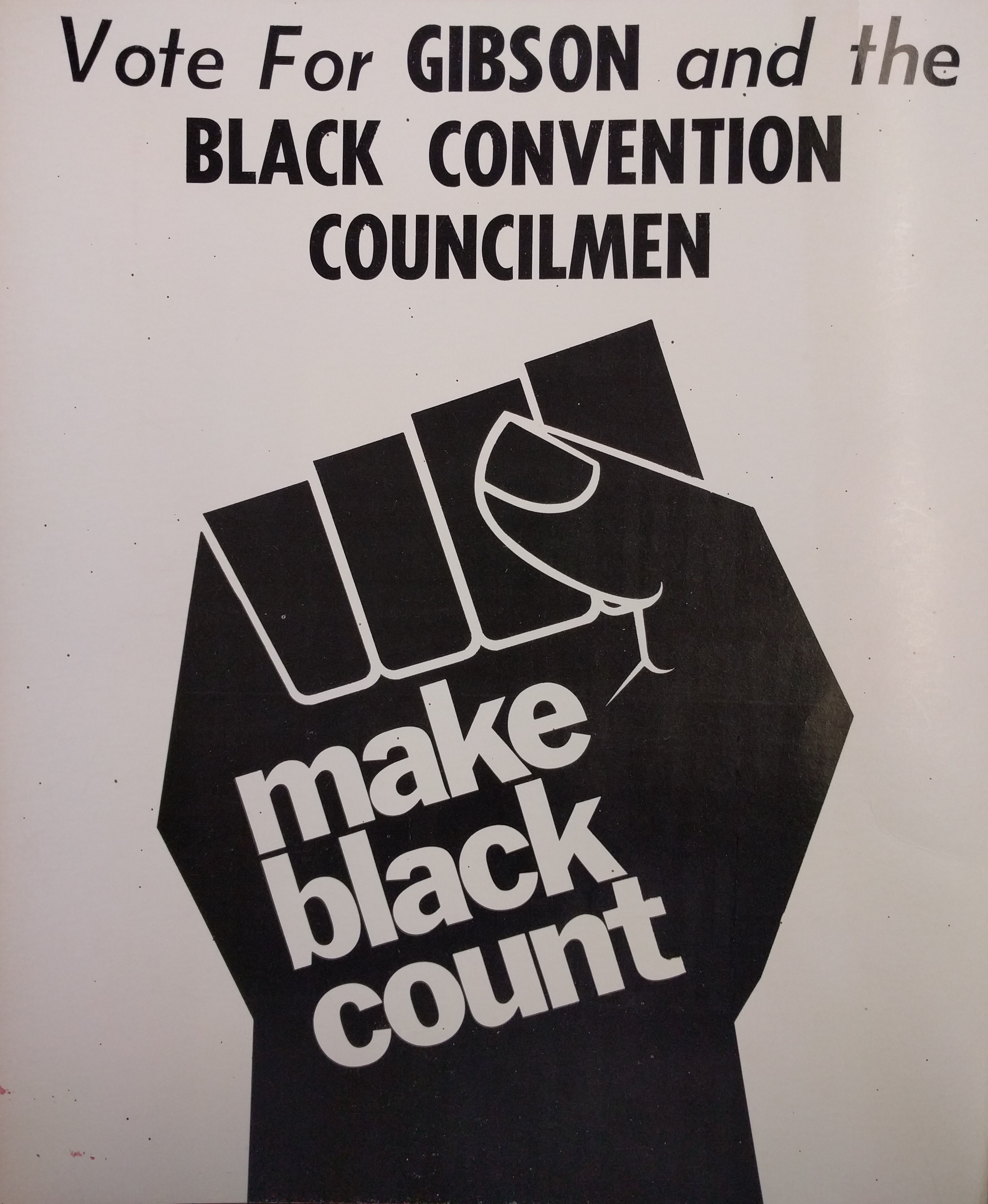
Campaign poster from the 1970 Mayoral and City Council elections in Newark. The 1969 Black and Puerto Rican Convention was organized to formally select the “Community’s Choice” for Mayor and City Council in the 1970 election. — Credit: Newark Public Library
In this short video, Newark residents, politicians, journalists, and civil rights activists reflect upon the campaign to elect Kenneth A. Gibson as Mayor of Newark in 1970. (See video link for credits)
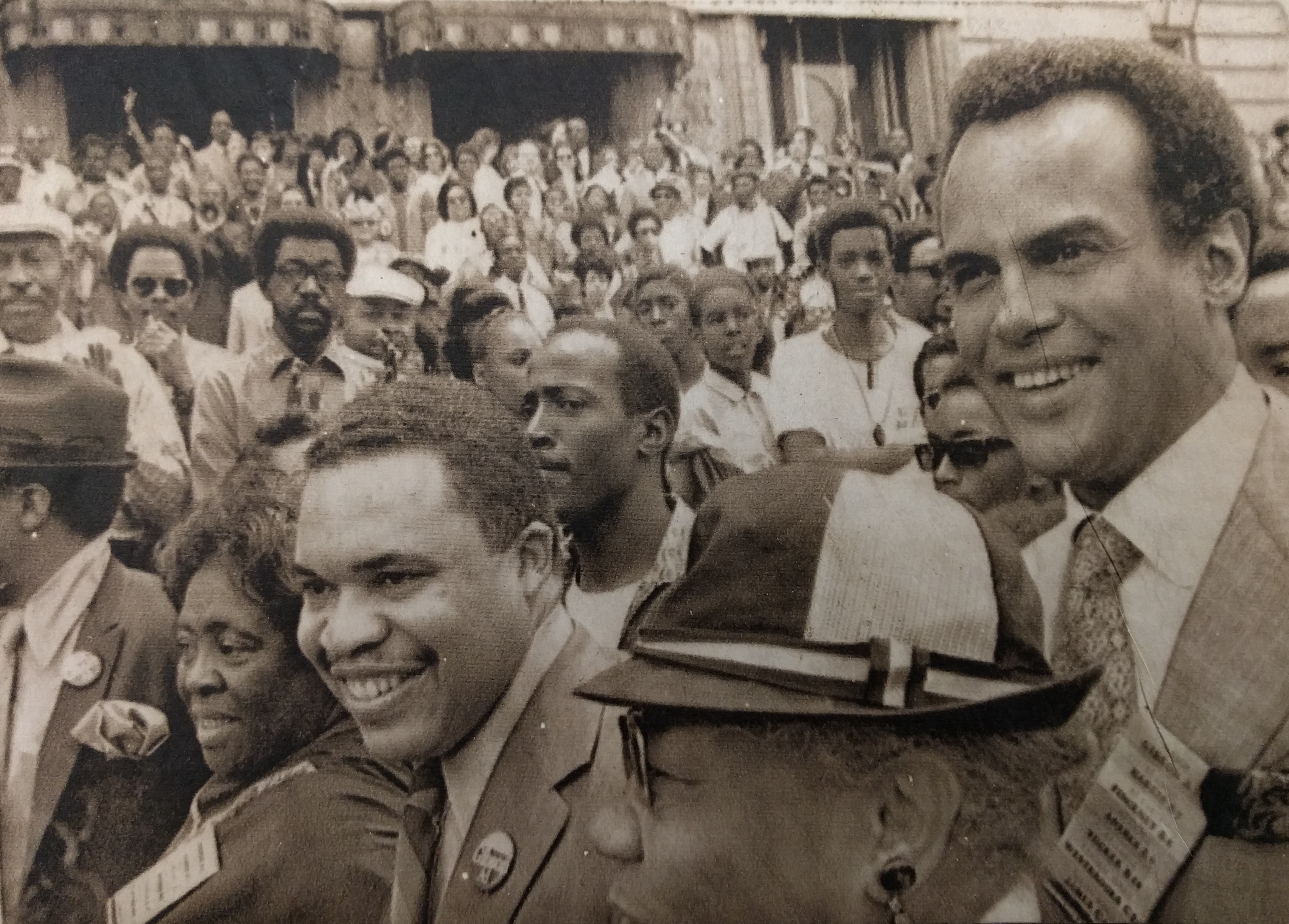
Mrs. Fannie Lou Hamer (left), Ken Gibson (center), and Harry Belafonte (right), march side-by-side down Broad Street on June 15, 1970, to promote Gibson’s mayoral campaign. Gibson won the run-off election the next day, becoming Newark’s first African American Mayor. –Credit: UPI Telephoto
Explore The Archives
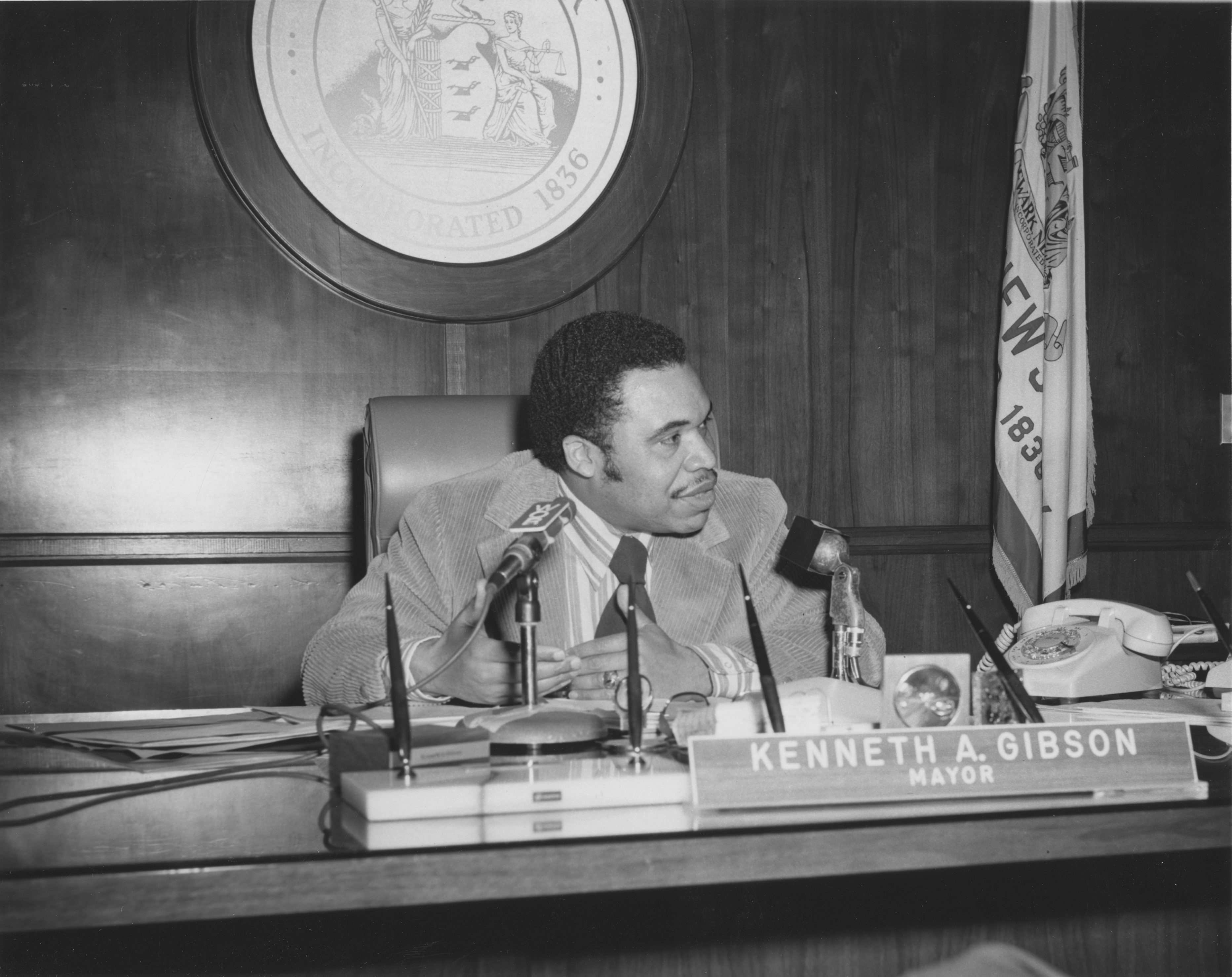
Clip from an interview with Donald Malafronte, aide to Mayor Addonizio, in which he discusses the 1966 mayoral election in Newark. The incumbent candidate in the election was Mayor Hugh Addonizio, who ran against former Mayor Leo Carlin, and political newcomer Ken Gibson. Gibson was an African American engineer who was active in the Business Industrial Coordinating Council (BICC) and United Community Corporation (UCC) in Newark. Although he lost the election to Addonizio, the 1966 election set the stage for Gibson’s successful campaign in 1970. — Credit: Henry Hampton Collection, Washington University Libraries
Clip from an interview with community activist and organizer Derek Winans, in which he discusses the 1970 mayoral election in Newark. Winans describes how the election was eventually narrowed down to two candidates: Hugh Addonizio, the incumbent, and Ken Gibson, the nominee of the Black and Puerto Rican Convention. Winans also describes the frustrations of insurgent candidate, George Richardson, who tried to persuade Gibson to “be more truthful to the cause that propelled him in the first place.” — Credit: Junius Williams Collection
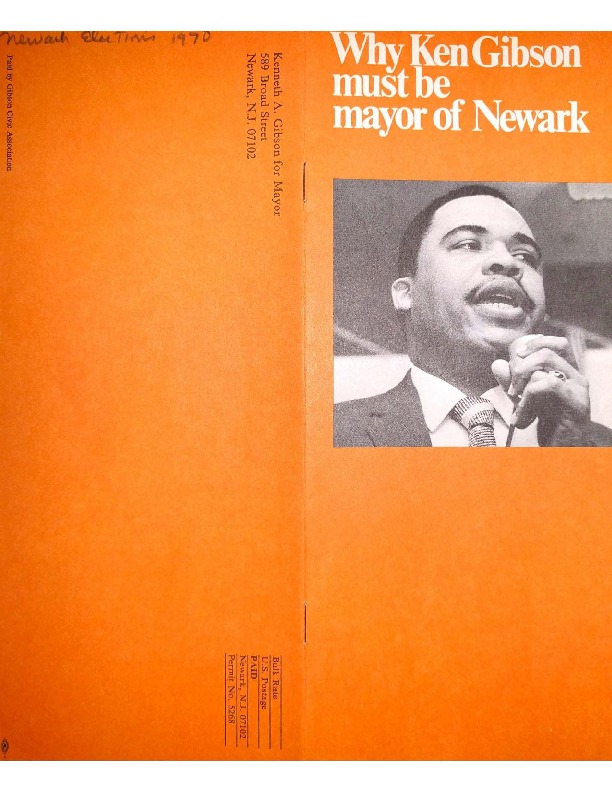
Brochure distributed by the Gibson Civic Association to promote Ken Gibson’s 1970 Mayoral campaign in Newark. Gibson became the first Black mayor of a major northeastern city after defeating incumbent Mayor Hugh Addonizio in the election. — Credit: Newark Public Library
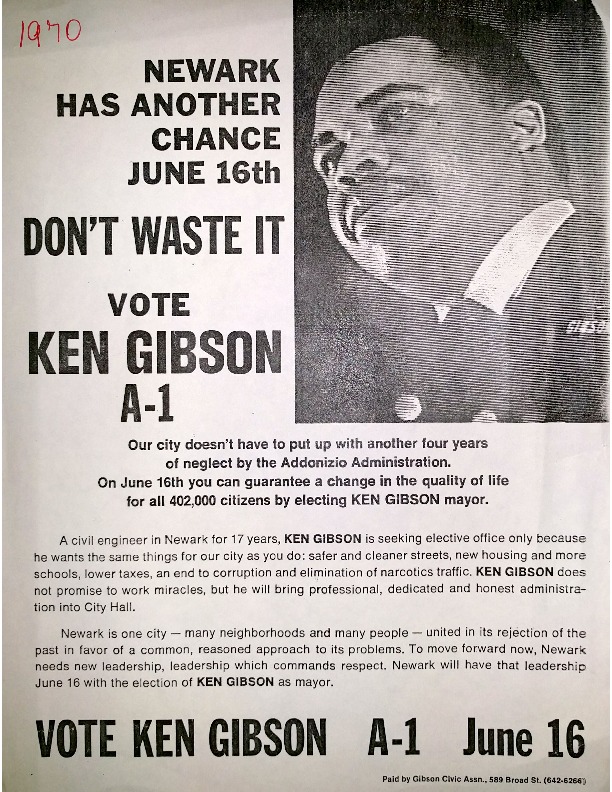
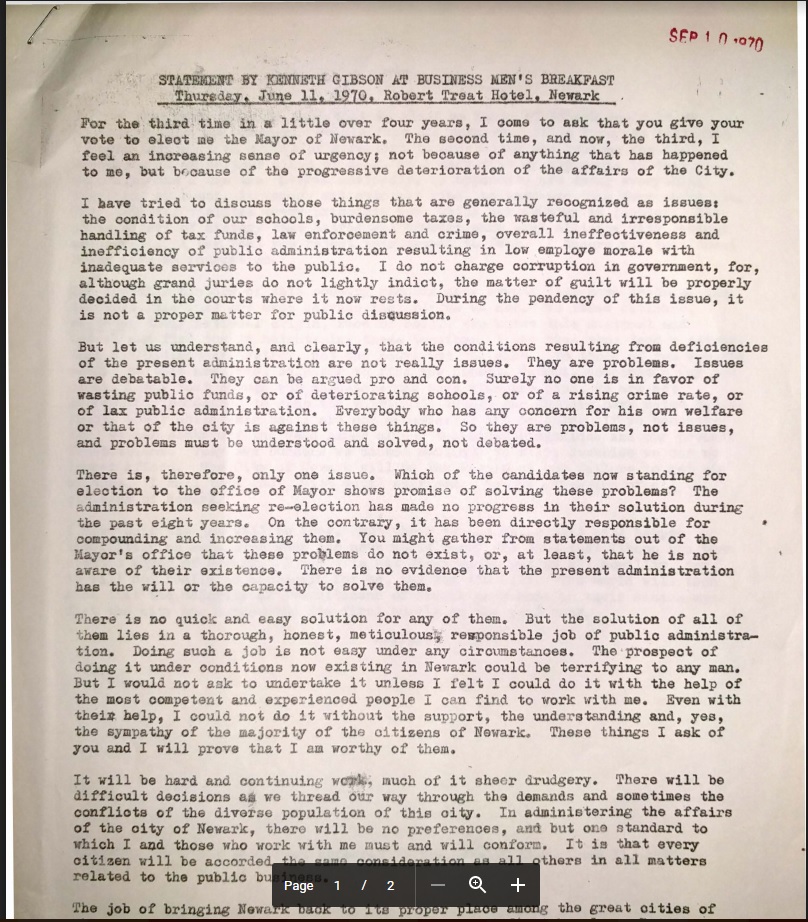
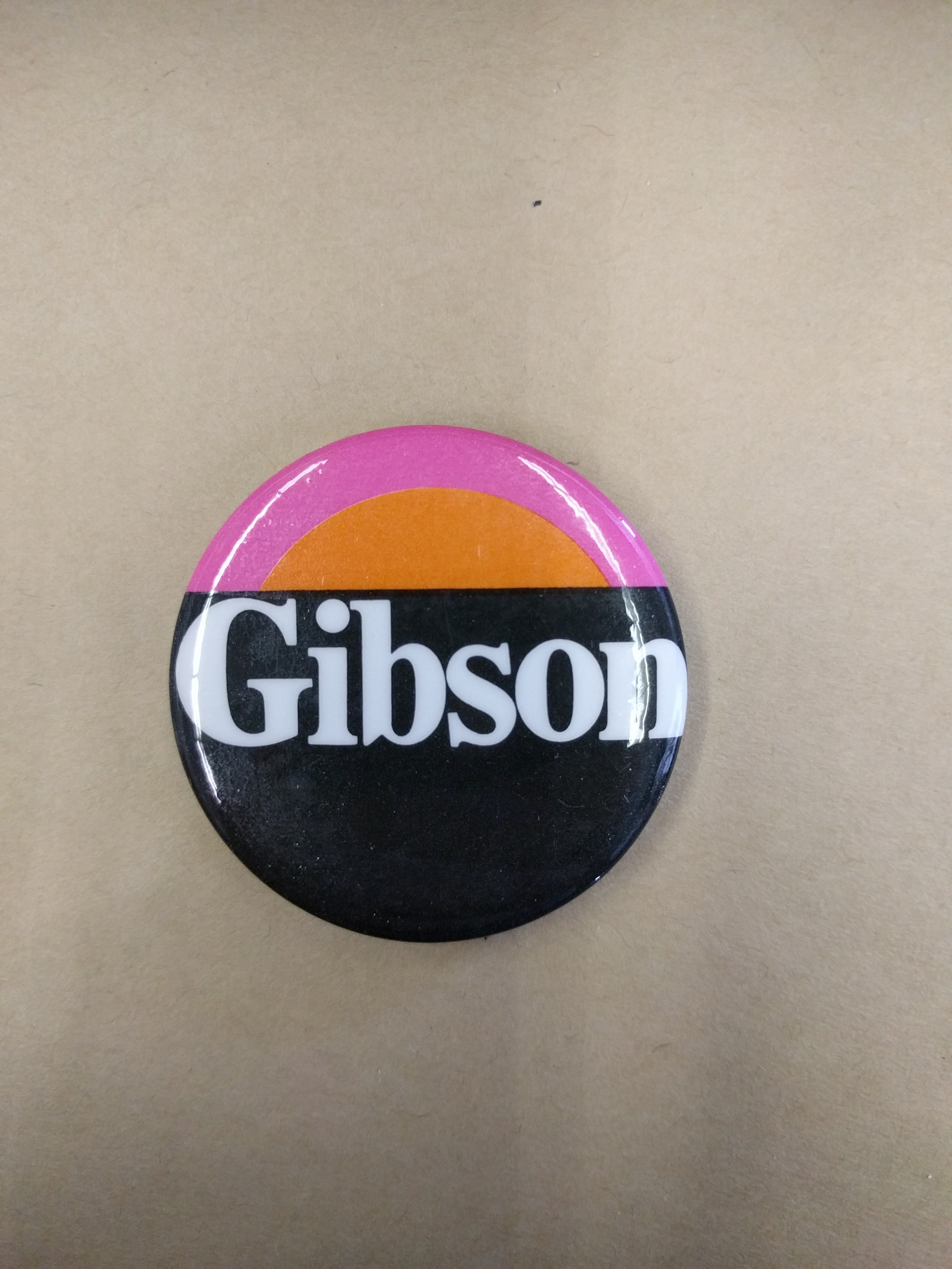
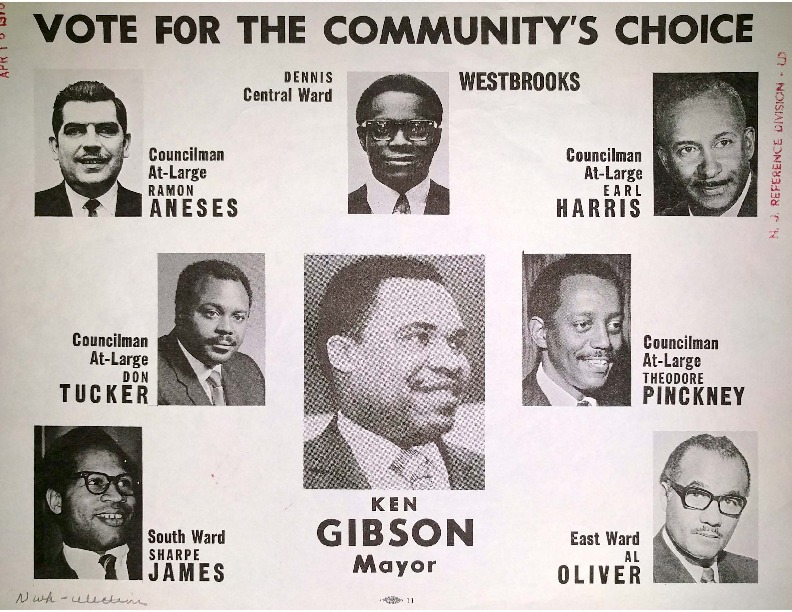
Campaign flyer for the 1970 Mayoral and City Council elections in Newark. “The Community’s Choice,” seen on the flyer, was nominated during the 1969 Black and Puerto Rican Convention. — Credit: Newark Public Library
